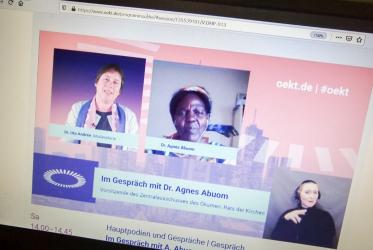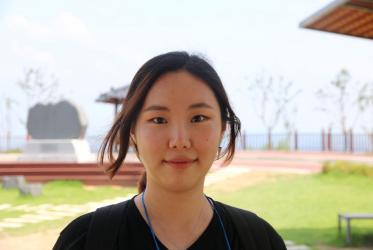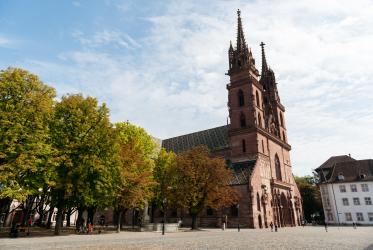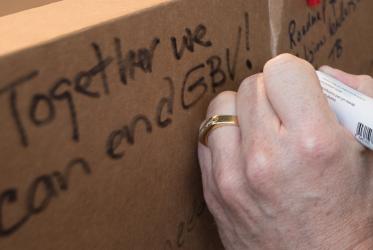Displaying 1 - 20 of 21
Role of religion being questioned in public event in Norway
14 August 2019
WCC to youth: “Is this the world we bequeath to you?”
12 August 2019
Romani people seek “lives of decency, dignity, and justice”
27 September 2018
Tveit greets Community of Protestant Churches in Europe
14 September 2018
Ecumenical Patriarch visits WCC
24 April 2017
Study group focuses on moral discernment in churches
04 August 2016











